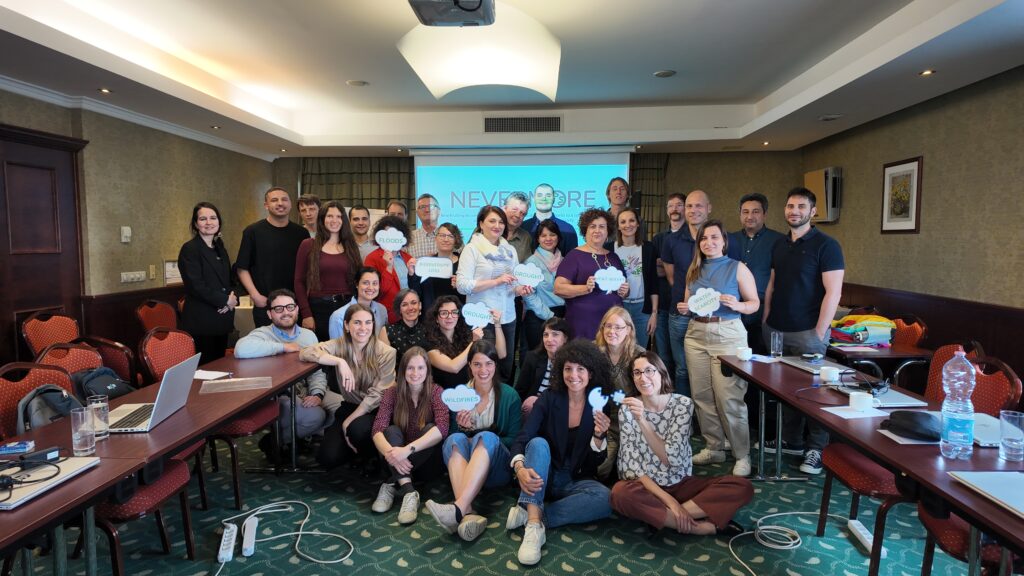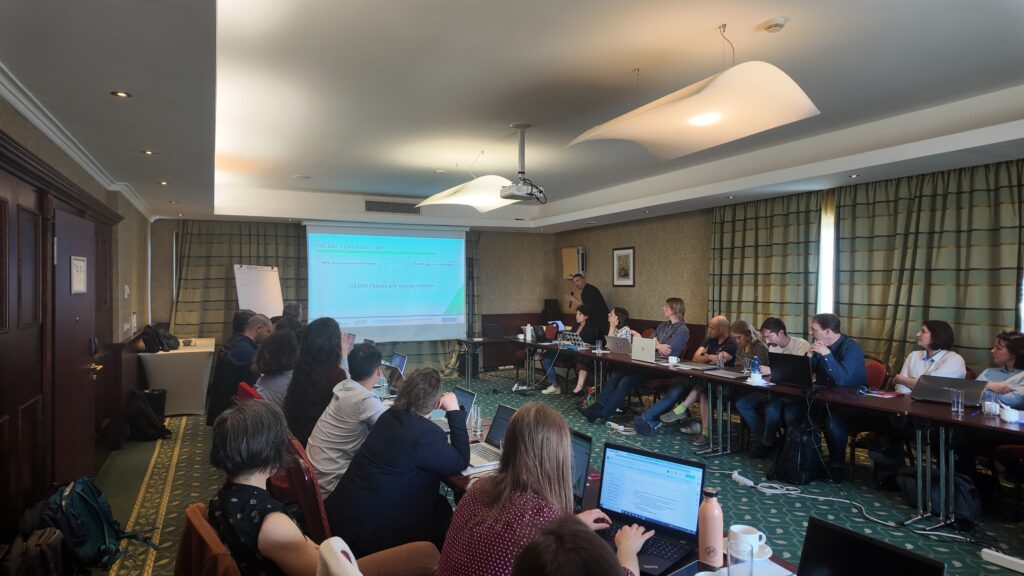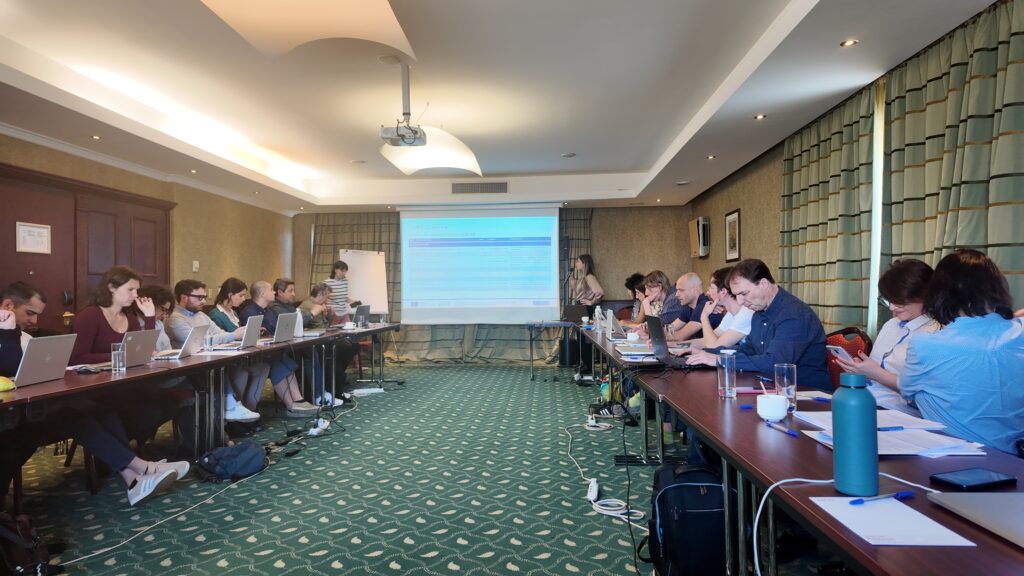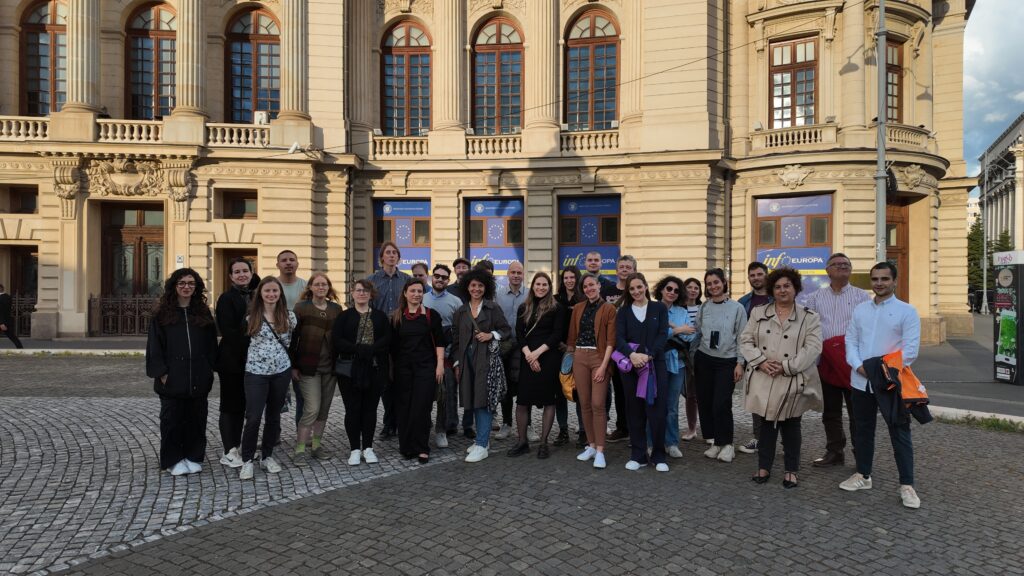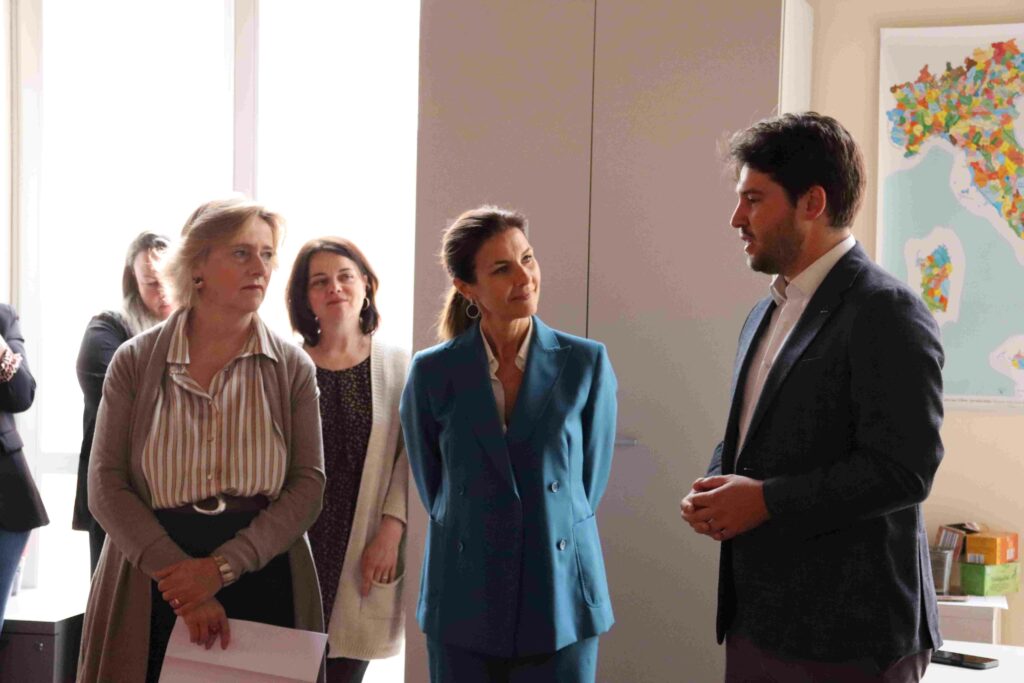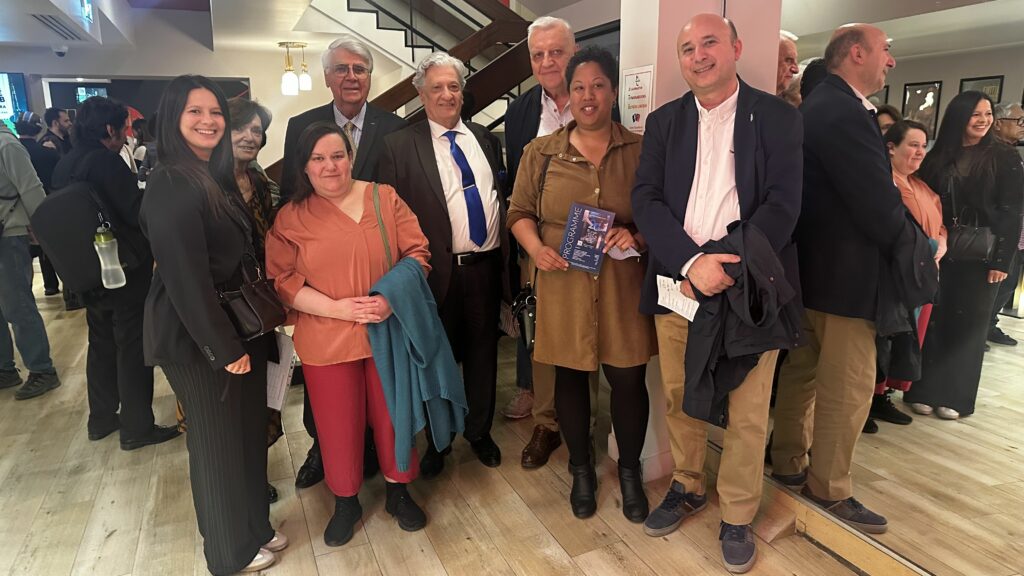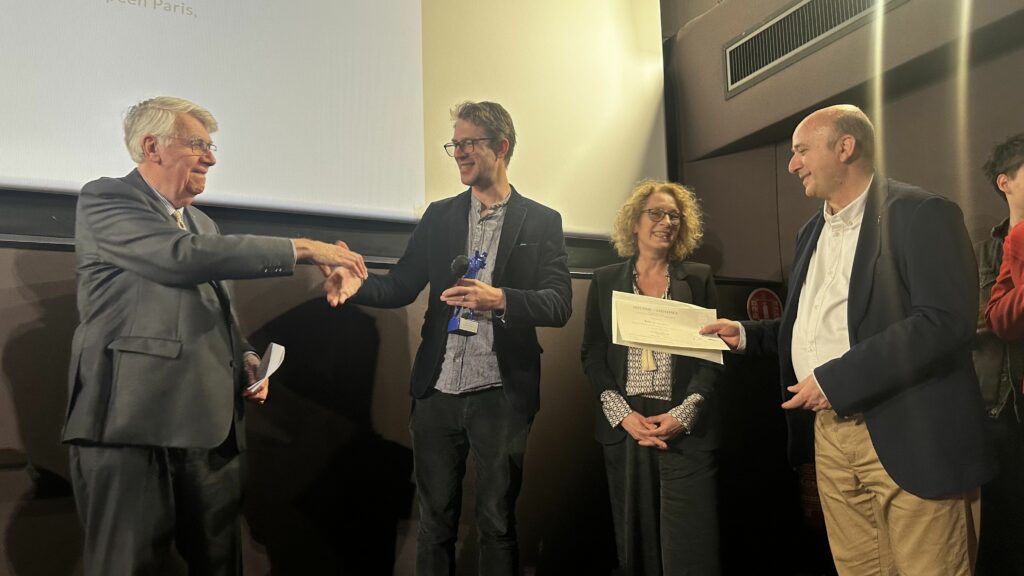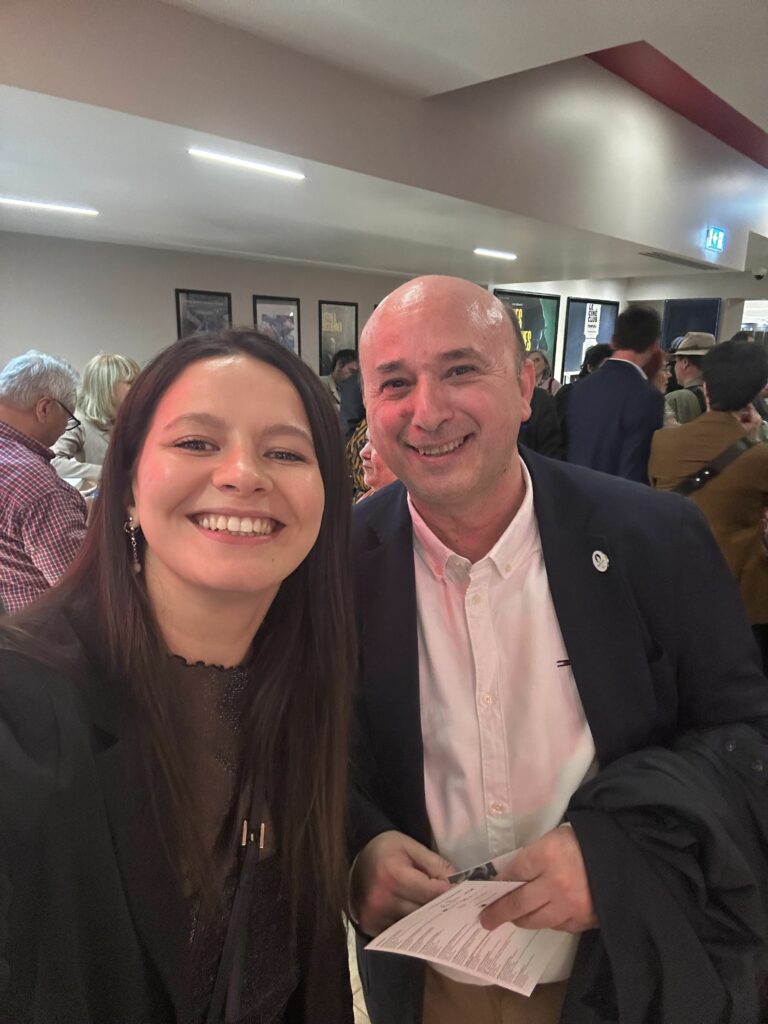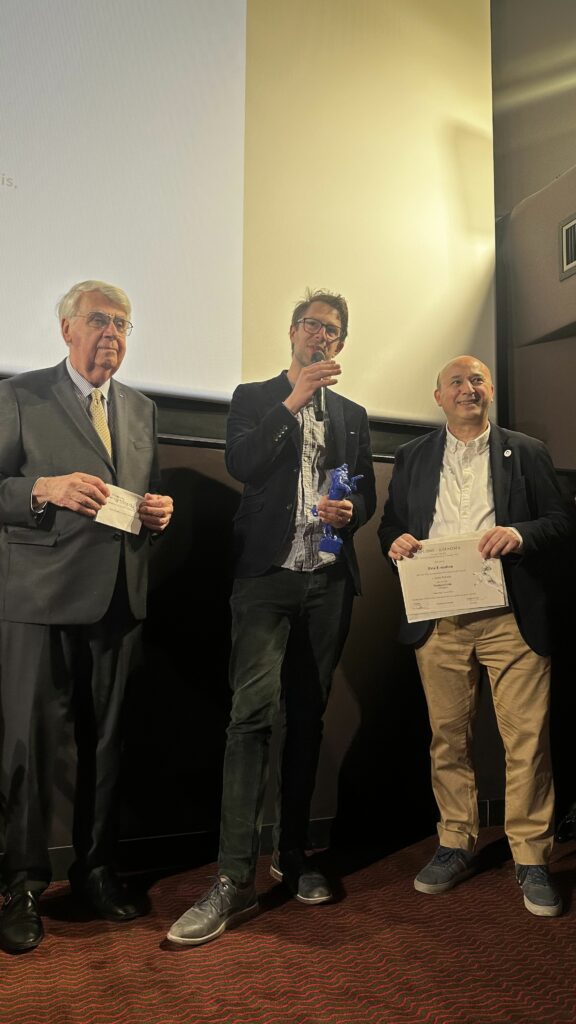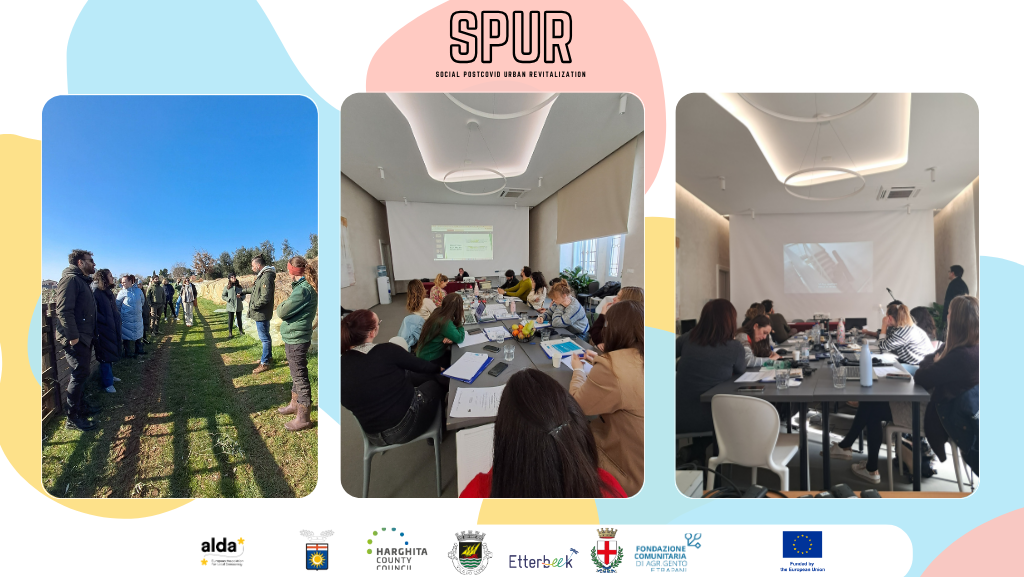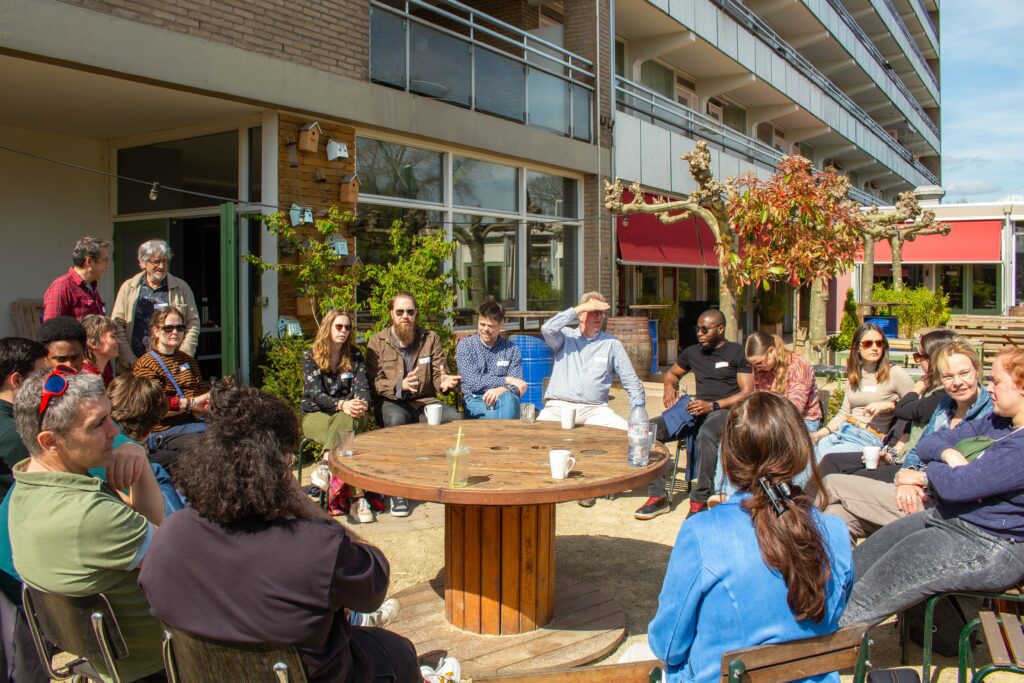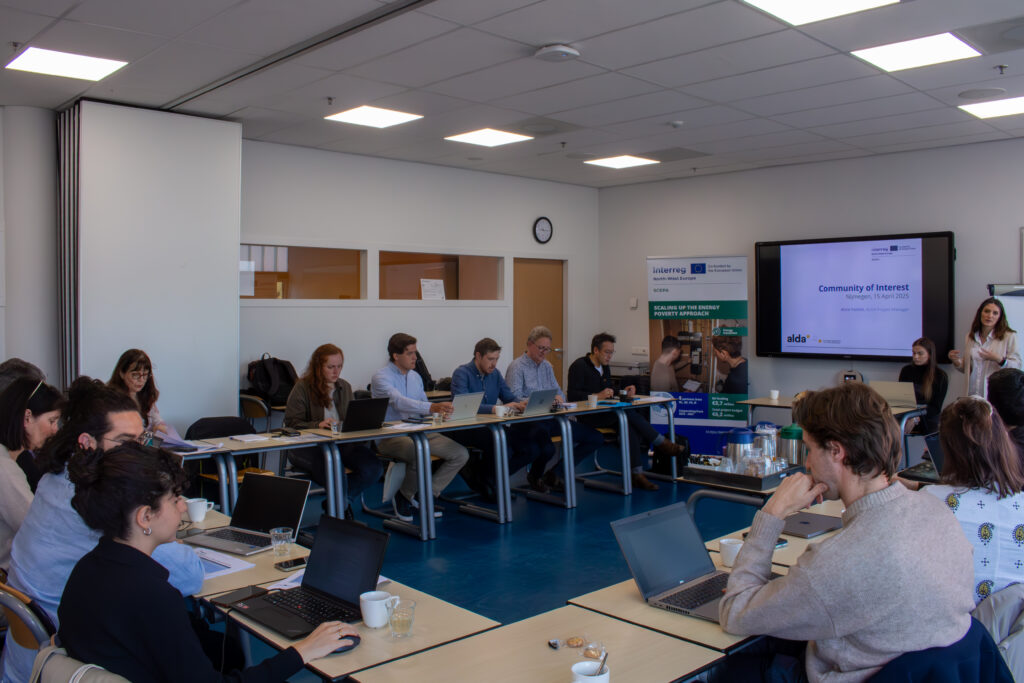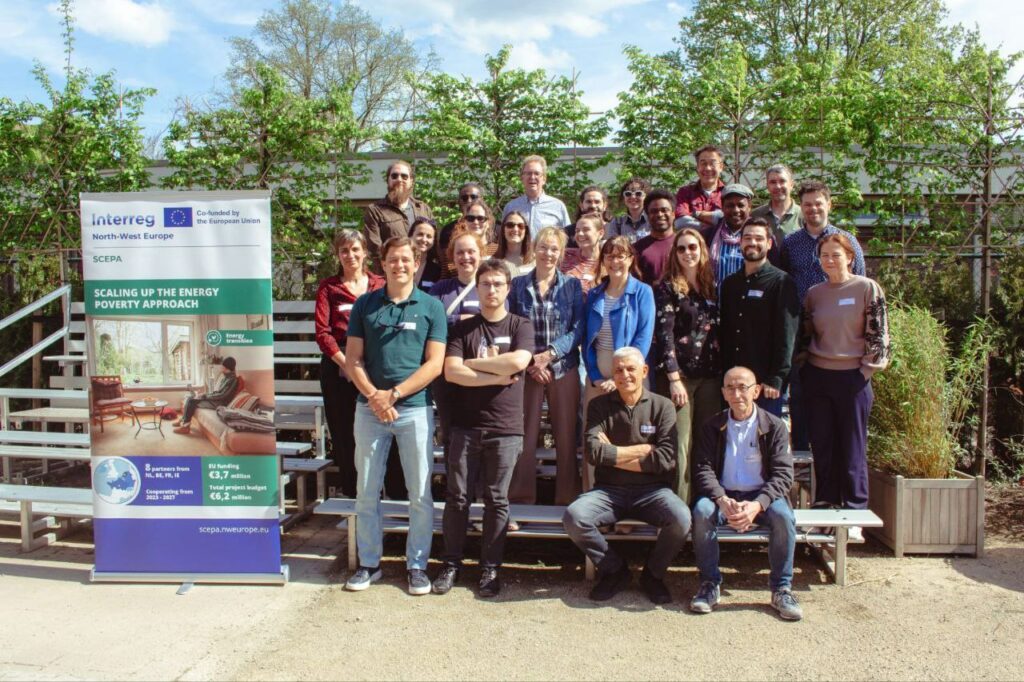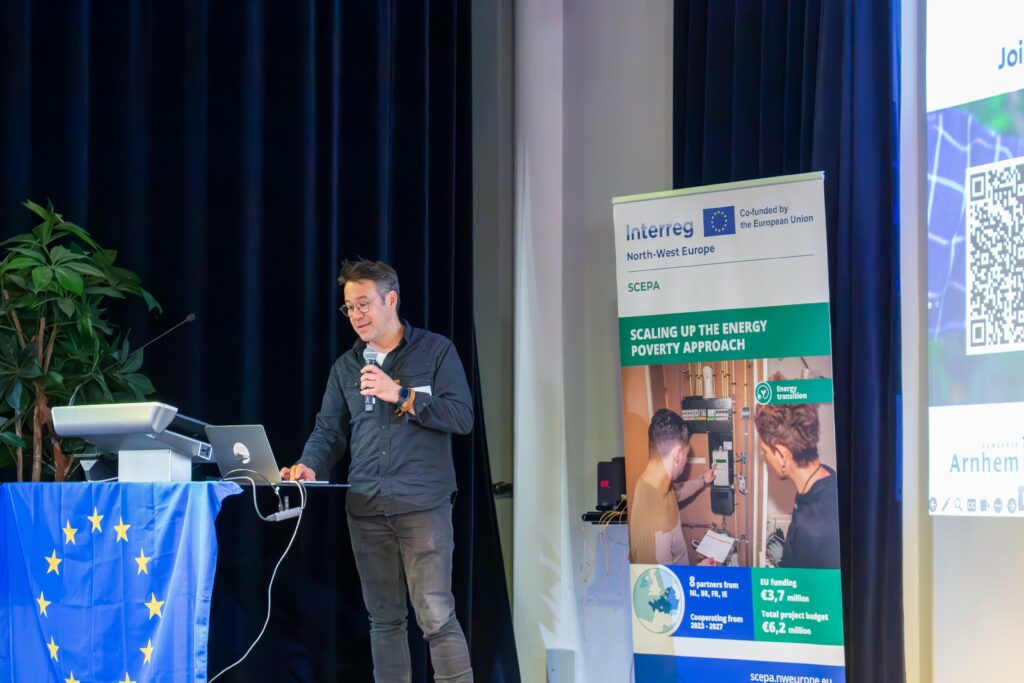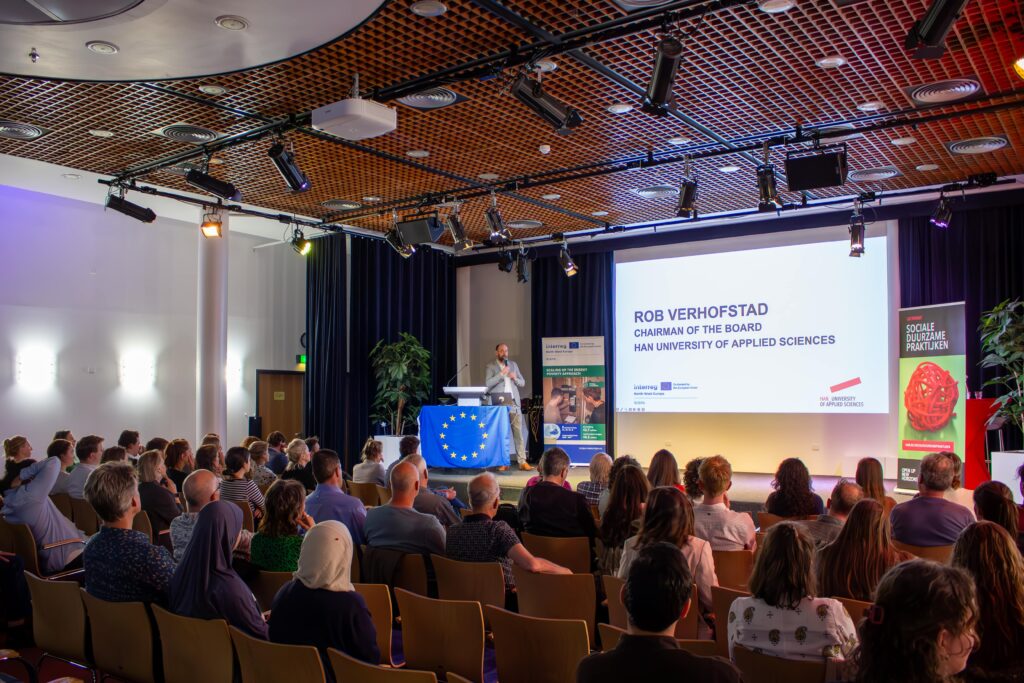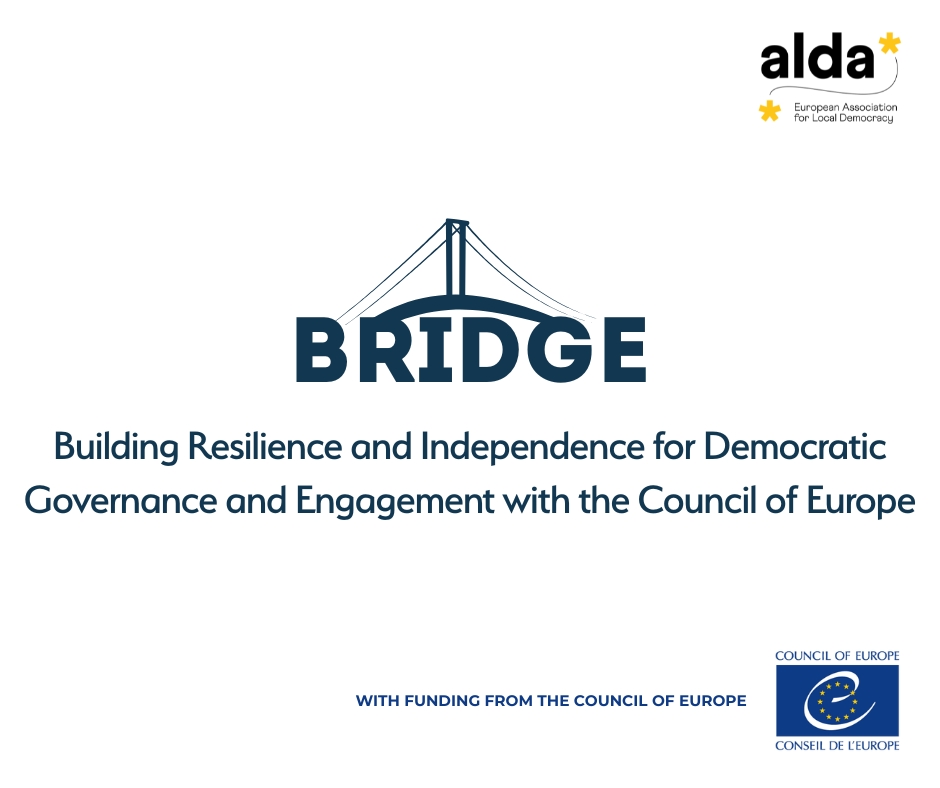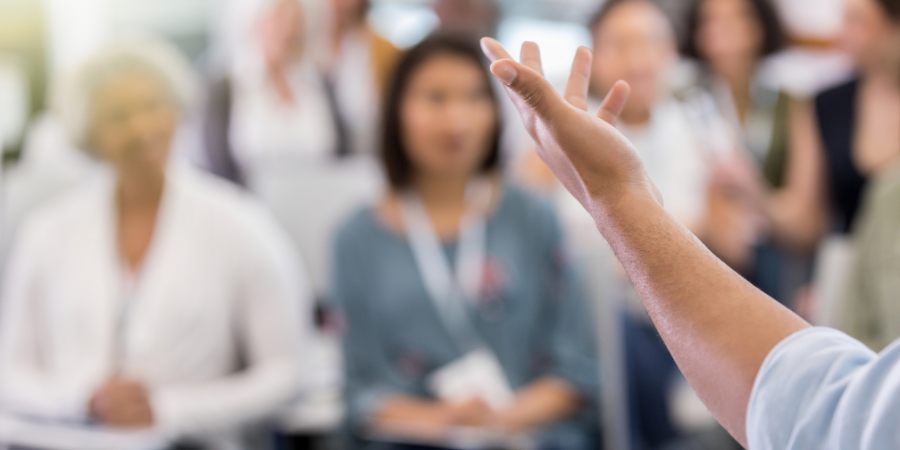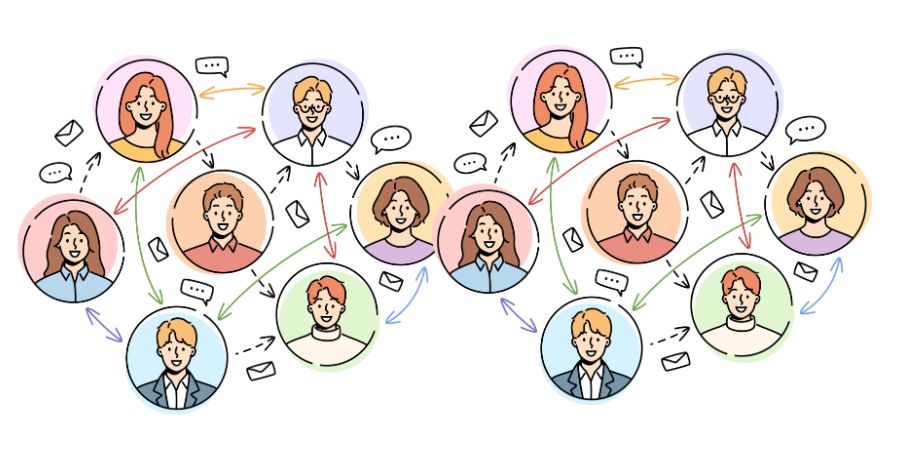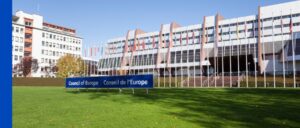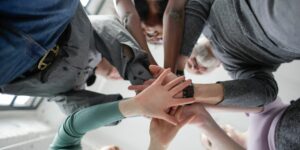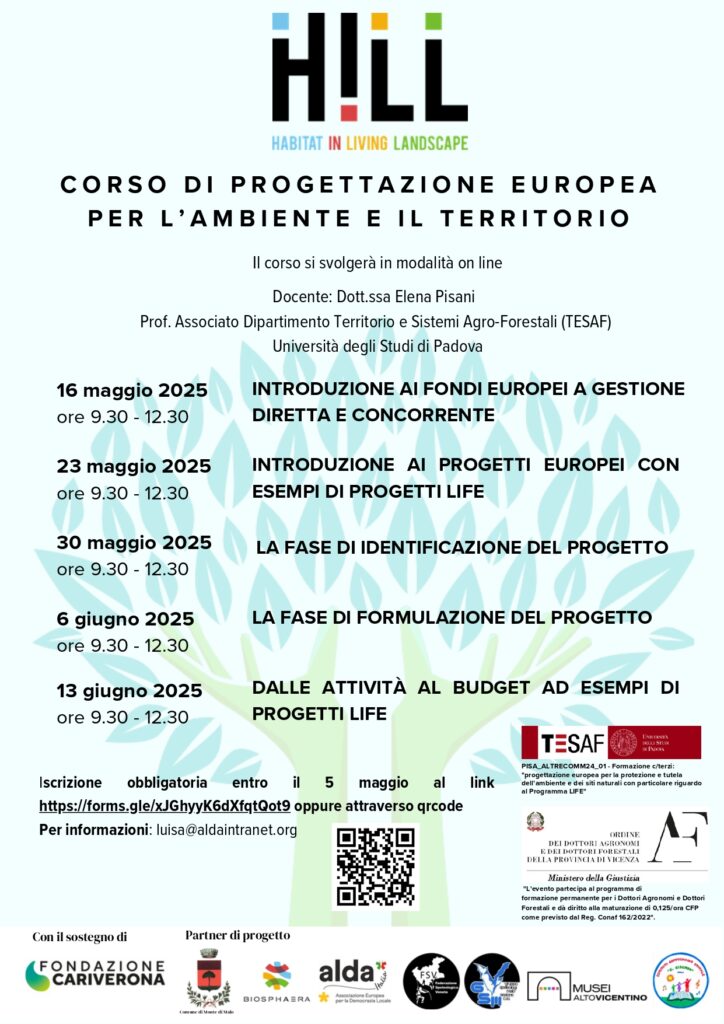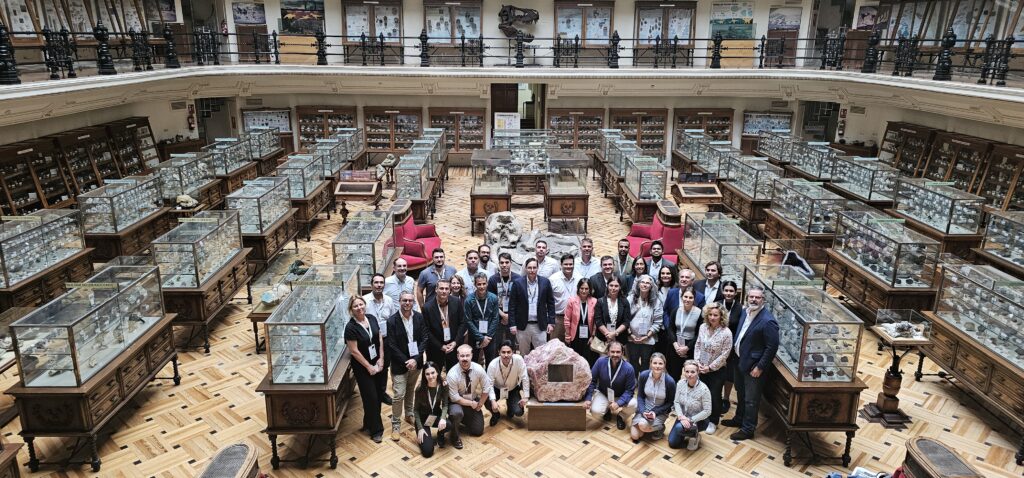Two intensive days of exchange and collaboration have just concluded in Bucharest, Romania, where partners of the NEVERMORE project gathered for a strategic in-person meeting hosted by SIMAVI.
Held on 7–8 May 2025, the NEVERMORE Partners Meeting brought together the consortium to take stock of progress and reinforce the shared vision of building a climate-neutral and resilient society. With one year left before the project’s conclusion, the gathering provided a crucial opportunity to align on priorities and accelerate coordinated efforts.
From simulation tools to policy development, every session was aimed at turning research into impact
During the meeting, the NEVERMORE project partners presented their actions for the next 4 years and the The meeting opened with a general project update and a round of Work Package presentations, offering a comprehensive overview of activities across the modelling, technical development, and policy engagement strands. The first day then delved into key modelling tools, including the WILIAM model and its application at both EU/global and local scales. A key objective was to ensure coherence between simulation outcomes at different levels, enhancing the quality and usability of the results.
A central focus of the discussions was the status of the ICT Toolkit—a cornerstone of the NEVERMORE project. Partners examined its current development, evaluated user needs, and defined a clear roadmap for testing and demonstration. Conversations also explored the integration of the Toolkit with policy simulations and its potential value for external stakeholders.
The second day shifted attention to the co-creation of policy recommendations, stakeholder involvement strategies, and the next rounds of local consultations at case study level. Partners identified the different alignment needs between scales and defined simulation responsibilities to support strong, evidence-based policy outputs. The meeting also marked a moment to consolidate planning for training activities, including MOOCs (Massive Open Online Courses) and Train-the-Trainers programmes.
Midway through the second day, the spotlight was on communication and dissemination. The session, led by ALDA, addressed how to keep stakeholders engaged, build momentum around the ICT Toolkit, and amplify the project’s outcomes across policy, scientific, and public arenas. Planning of social media campaigns, upcoming publications, and long-term collaborations—including with the IPCC, Covenant of Mayors, and EU Missions—featured prominently in the discussion.
Two productive days left the NEVERMORE consortium energised, focused, and strategically aligned for the final year of the project.
The meeting closed with a workshop on the exploitation and replicability of NEVERMORE results, including reflections on business models and IPR management. A shared commitment emerged: to turn the project’s insights into actionable tools and strategies for local and regional climate resilience.
NEVERMORE is funded by the Horizon Europe programme under grant agreement No 101056858.
Learn more: https://nevermore-horizon.eu
Stay tuned and follow NEVERMORE’s social pages: TWITTER| INSTAGRAM| YOUTUBE|
***
NEVERMORE Horizon Eu project includes the following partners:
- AUSTRIA: The Centre for Social Innovation (ZSI);
- FRANCE: The European Association for Local Democracy (ALDA);
- GERMANY: Potsdam Institute for Climate Impact Research (PIK);
- GREECE: National Centre for Scientific Research “Demokritos” (NCSRD), Municipality of Sita;
- ITALY: Bruno Kessler Foundation (FBK), Rina Consulting Spa, Euro-Mediterranean Centre on Climate Change (CMCC), Autonomous Province of Trento (PAT);
- ROMANIA: Software Imagination & Vision SRL(SIMAVI), Tulcea County Prefecture;
- SPAIN: CARTIF Technology Centre, University of Valladolid (UVa), Development Institute of the Region of Murcia(INFO Murcia);
- SWEDEN:Swedish Environmental Research Institute (IVL), Energikontor Norr- North Sweden Energy Agency.
